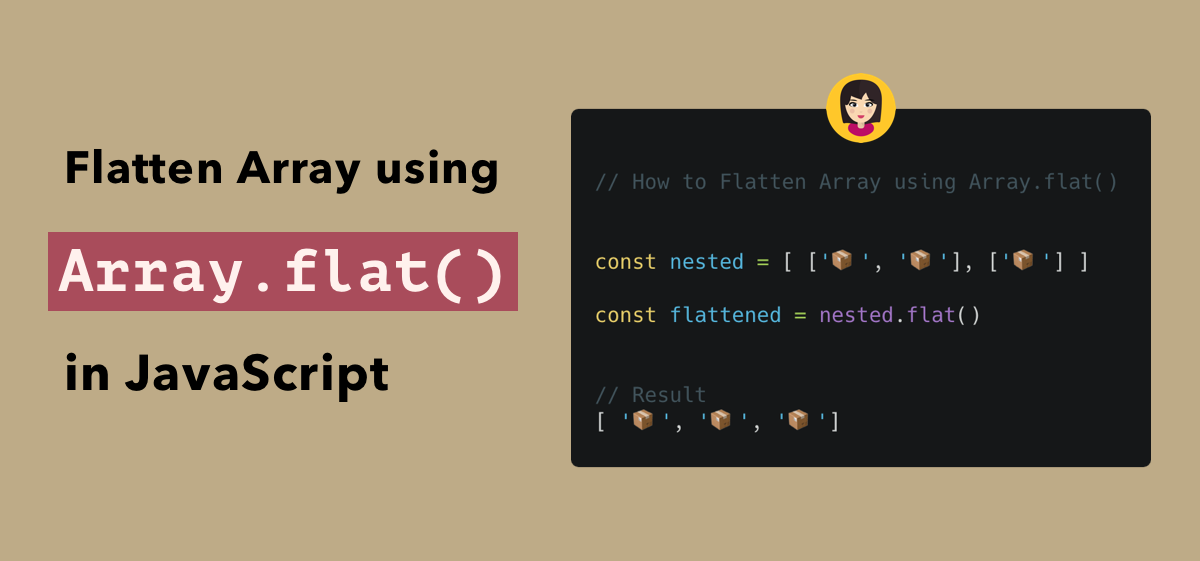
This article is a detailed, mid-level–friendly introduction on SOLID principles with practical, real-world C# examples.

This article is a detailed, mid-level–friendly introduction on SOLID principles with practical, real-world C# examples.

This article focuses on an infrastructure as code tool, terraform, and helps developers quickly and confidently scale your cloud deployments, and also easily maintain and manage the infrastructure of their projects.

This article will talk about docker, one of the most popular containerisation technologies that every developer should know and master.

This article will talk about some classical desgin patterns that every developer should know to level up.

When dealing with data in the client side, programmers often face this data structure that is called nested array. It’s very difficult for us tp iterate through all the data, especially when we wanna compare all of them and get some specific data. Therefore, flattening an array is very important for us to master. This chapter will introduce seversal ways to flatten an array.

This report illustrates the eavesdropping and packet sniffing over Wi-Fi networks, one of the most common attacks. It will focus on the threats and some popular solutions of Wi-Fi eavesdropping.
This article focuses on some common computer networking concepts and summarizes them for future in-depth understanding of web development.

Redux 是 JavaScript 状态容器,提供可预测化的状态管理。随着 JavaScript 单页应用开发日趋复杂,JavaScript 需要管理比任何时候都要多的 state (状态)。 这些 state 可能包括服务器响应、缓存数据、本地生成尚未持久化到服务器的数据,也包括UI 状态,如激活的路由,被选中的标签,是否显示加载动效或者分页器等等。本次主要讲解当前针对react框架的redux,即REACT-REDUX。

DNS, also known as the Domain Names System, is an Internet service used to translate domain names and their corresponding IP addresses into servers.

This chapter introduces DOM concepts, the cost of manipulating the DOM, the mechanics of browser rendering engines, performance optimizations, and common interview questions such as throttling and anti-jitter.